Parents of woman who died win appeal in NHS battle
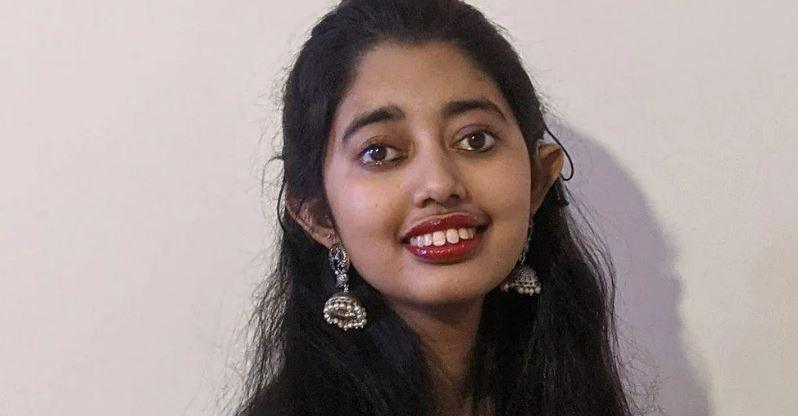
Sudiksha Thirumalesh, who died aged 19, had a rare mitochondrial disorder and wanted to undergo an experimental treatment in Canada
- Published
The parents of a young woman who died during a legal battle with the NHS have won their appeal over a ruling their daughter could not make decisions over her care.
Sudiksha Thirumalesh, who had a rare mitochondrial disorder, had been involved in a court fight with University Hospitals Birmingham NHS Foundation Trust over being moved to palliative care.
The 19-year-old, from Birmingham, had wanted to raise money for experimental treatment in Canada that she thought might help her rare genetic disorder.
The trust acknowledged the Court of Appeal's judgment, which it said had clarified a "difficult legal issue".
Three judges overturned the legal ruling Ms Thirumalesh lacked mental capacity to make decisions about her treatment.
An anonymity order in the case was lifted last September, during a Court of Protection hearing, enabling Ms Thirumalesh's family to speak of their anger over the battle with the trust.
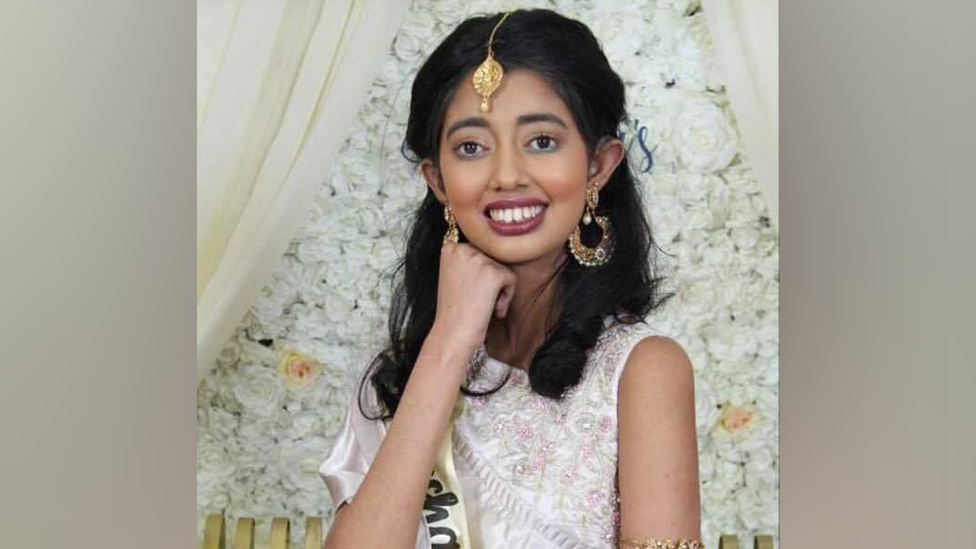
Ms Thirumalesh had a cardiac arrest and died on 12 September before the court heard her case
In a rare move because of important legal principles in the case, the Court of Appeal had granted Sudiksha’s parents’ permission to pursue a posthumous appeal against the original ruling, which had been made by the Court of Protection.
In the latest hearing, Lady Justice King told the court Ms Thirumalesh was "presumed to have had the capacity to give or withhold her agreement to medical treatment, including palliative treatment, at all times leading up to her death".
But Lady Justice King said she would make "no criticism of the judge who demonstrated the same care and compassion in this case as she did in every case she heard during her time as a High Court Judge".
'We were gagged, silenced'
Welcoming the judges' ruling, Ms Thirumalesh's parents Thirumalesh Chellamal Hemachandran and Revathi Malesh Thirumalesh said: "We are grateful to the Court of Appeal for an opportunity to challenge the frightening and unfair judgment made against Sudiksha even after her death, and for setting the law straight.
"A patient’s right to disagree with her doctors, not to relinquish hope, and still to have her decisions respected, will now be part of Sudiksha’s legacy."
Ms Thirumalesh had a cardiac arrest and died on 12 September before the Court of Protection could hear her case, which was brought with support from the Christian Legal Centre.
Following the High Court's ruling last year against them in the case, which went on for more than a year, her family had said: "We are deeply disturbed by how we have been treated by the hospital trust and the courts.
"We were gagged, silenced and prevented from accessing specialist treatment abroad."
They added that Ms Thirumalesh might still have been alive and recovering had she been allowed to seek treatment.
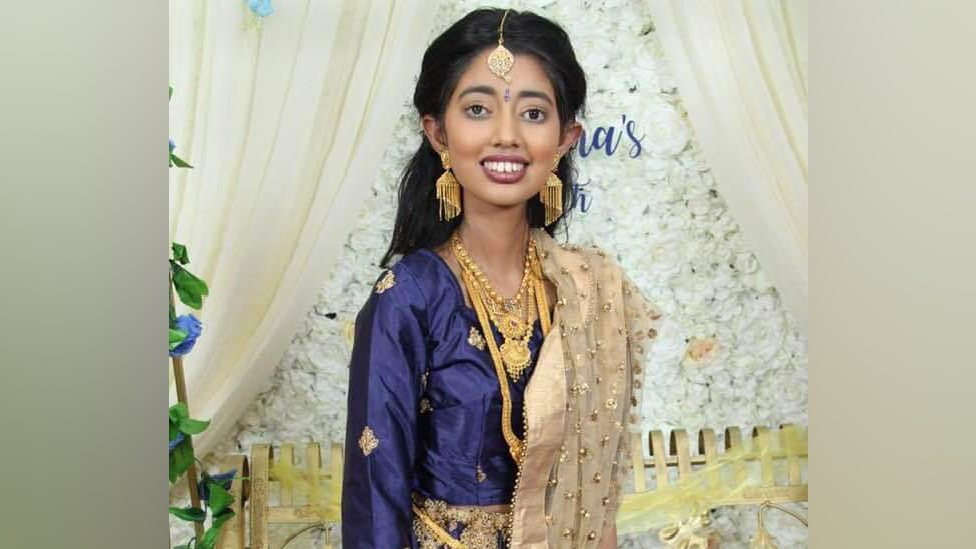
Ms Thirumalesh's family said the ruling would become part of her legacy
Speaking to BBC Midlands Today after the ruling, Mr Hemachandran said he was "happy" about the judgment and how it could help other people in similar situations.
Varshan Thirumalesh said his sister was a "warrior" during her final days in hospital.
"She held on to her life very long, thinking that something beneficial was going to come to her," he said.
"Even though there were routes where she could get treatment abroad, everything was denied to her and in the end, she eventually felt like she couldn’t fight the system.
"It’s a bit like one person versus the entire world, in her case."
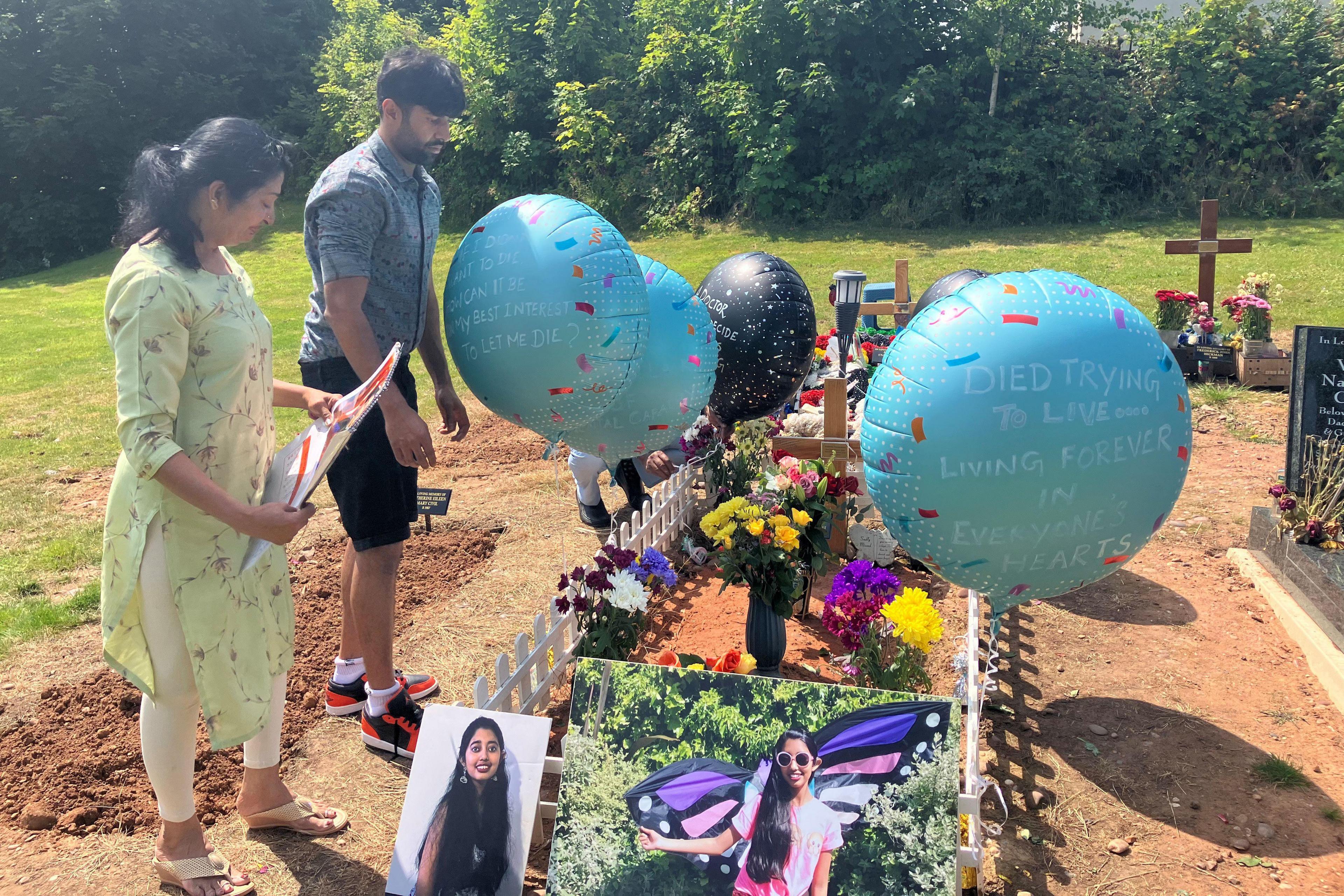
Ms Thirumalesh's family said they had felt "silenced" by the hospital trust
University Hospitals Birmingham NHS Foundation Trust said it had acknowledged the judgement.
"[It] has clarified a difficult legal issue and will hopefully bring some closure to Sudiksha's family," it said in a statement, adding the case had been "extremely difficult, emotive and complex" for everyone involved in Ms Thirumalesh's care.
"Sudiksha's death was deeply upsetting for our colleagues who cared for her for such a long time, and who had always worked to provide the clearest and most compassionate care, treatment, and advice, throughout her time with us in critical care," the trust continued.
"Our sincere and heartfelt condolences remain with Sudiksha's family and loved ones."
What is mitochondrial disease?
There are different types - some are present at birth but others can develop later in life, often in young adults
The mitochondria are the engines of the body's cells and provide energy for all metabolic processes
The underlying genetic cause may be different for different people but all result in the inability of the mitochondria to produce the right amount of energy
That causes debilitating physical, developmental and cognitive disabilities
It can affect different parts of the body, particularly those that require a lot of energy like the brain, heart and liver
The disease is progressive and has no cure
Follow BBC Birmingham on Facebook, external, X, external and Instagram. Send your story ideas to: newsonline.westmidlands@bbc.co.uk, external
- Published2 May 2024

- Published29 September 2023
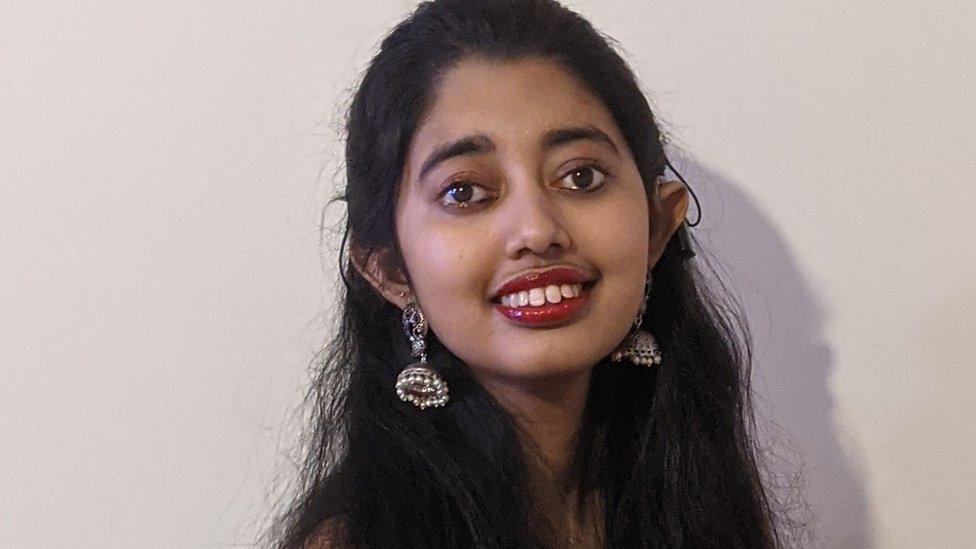
- Published23 September 2023
